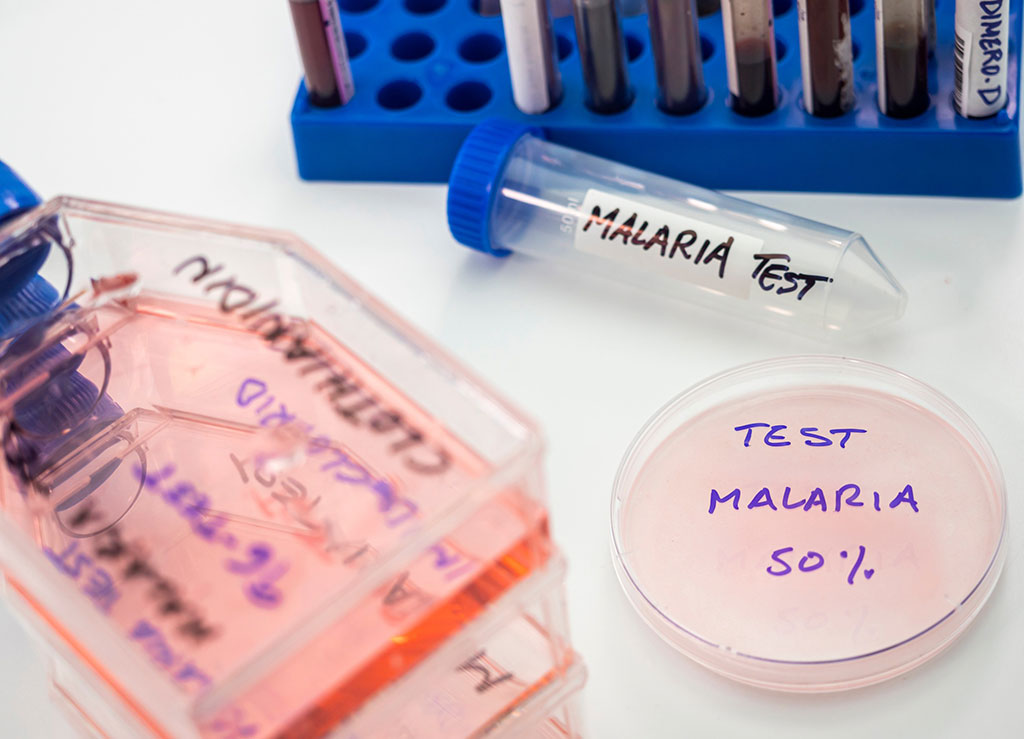Microfluidic Platform for Rapid Malaria Infection Screening and Genotyping Delivers 98% Accuracy
Posted on 04 Dec 2023
Malaria, caused by various Plasmodium species, is a global health challenge that requires accurate detection and genotyping for effective management. The main method for diagnosing malaria is nucleic acid amplification testing, which can be difficult to implement widely, especially in areas with limited resources. CRISPR/Cas systems have brought significant advancements in molecular diagnostics; however, they often require dual stages, adding complexity and hindering broad application. Moreover, using limited systems could lead to biocompatibility issues and potentially reduce the efficiency of detection. Precise genetic typing is crucial in the treatment and control of malaria. Now, a microfluidic platform combines recombinase polymerase amplification (RPA) and CRISPR-based detection to enable the simultaneous screening of malaria infections and genotyping of Plasmodium species.
This innovative Flexible, Robust, Equipment-free Microfluidic (FREM) platform, developed by researchers at the School of Global Health at the Shanghai Jiao Tong University School of Medicine (Shanghai, China), includes a sucrose solution to effectively address compatibility issues when merging RPA and CRISPR assays in a single-pot system. This innovation simplifies the diagnostic process while maintaining high efficiency. The integration of RPA and CRISPR-based detection within a microfluidic chip provides a reliable solution for identifying five different Plasmodium species, marking a significant leap in point-of-care diagnostics for malaria, particularly in areas with limited resources.

In their research, the team assessed the platform's ability to screen for malaria and genotype Plasmodium species simultaneously. Testing DNA extracts from patients suspected of having malaria, they found the FREM platform's sensitivity to be 98.41% and specificity 92.86%, aligning closely with PCR-sequencing results for malaria detection. The positive predictive agreement was 98.41% and the negative predictive agreement was 92.86%. Moreover, the accuracy of species genotyping was confirmed, showing a 90.91% concordance rate between the FREM platform and PCR sequencing.
The study highlights the FREM platform's capability in not only screening for malaria infection but also in accurately genotyping Plasmodium species. This development could significantly improve epidemiological surveillance and aid in making informed treatment decisions, especially in regions lacking advanced laboratory resources. By enabling the specific identification of Plasmodium parasites, the FREM platform aids in monitoring different species, contributing to more focused interventions and better resource allocation. Beyond its immediate application in malaria diagnostics, this innovation has implications for tackling other infectious diseases, underscoring its potential to impact global health beyond malaria.
Related Links:
Shanghai Jiao Tong University School of Medicine













